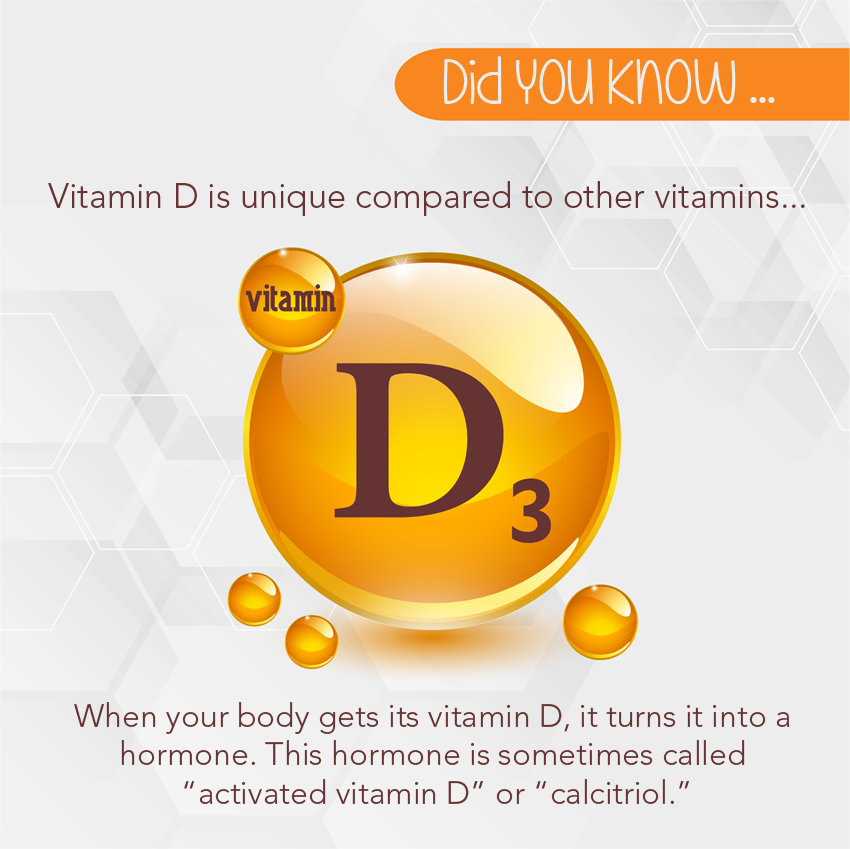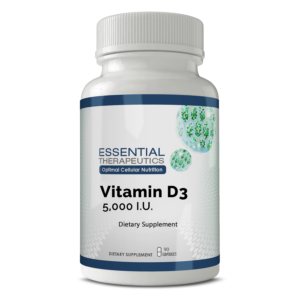Is Fibromyalgia Due To A Vitamin D Deficiency
Updated July 2020
Fibromyalgia is a chronic condition characterized by widespread pain in your muscles, ligaments, and tendons, as well as fatigue and multiple tender points — places on your body where slight pressure causes pain. Fibromyalgia is more common in women than in men. Previously, fibromyalgia was known by other names such as fibrositis, chronic muscle pain syndrome, psychogenic rheumatism, and tension myalgias.

Spoiler alert: After specializing in treating fibromyalgia for almost twenty years, I know all to well that fibromyalgia isn’t due to a vitamin D deficiency. It’s just not that simple. However, if your vitamin D level is low, then supplementing may yield some positive results.
Studies on vitamin D continue to show a direct association with chronic pain, poor immune function, anxiety, depression, and fatigue. These symptoms are all associated with fibromyalgia.
A study that appeared in Rheumatology shows that 62 of 75 fibromyalgia study participants were low in vitamin D. The subjects who were low in vitamin D reported more pain, depression, and fatigue.
According to the Mayo Clinic Proceedings (Dec. 2003), vitamin D deficiency is one possible cause of persistent and vague musculoskeletal pain.
A University of Minnesota study of 150 children and adults suffering with vague musculoskeletal pain found that 93percent were deficient in vitamin D. The worst vitamin D deficiencies were found in women of childbearing age.
Vitamin D isn’t like most other vitamins. Your body can make its own vitamin D when you expose your skin to sunlight. But your body can’t make other vitamins. You need to get other vitamins from the foods you eat. For example, you need to get vitamin C from fruits and vegetables.

Quite surprisingly, I’m find that many of my fibromyalgia patients are low in vitamin D, even in the sunny southeastern United States. Anyone with fibromyalgia should be tested for vitamin D deficiency. The test is inexpensive and vitamin D supplementation costs pennies.
Getting the right amount of vitamin D doesn’t depend on the foods you eat. To get enough vitamin D you need to expose your skin to sunlight regularly and you may also need to take supplements. This makes getting the right amount a little more complex compared to other vitamins and minerals.
Vitamin D is very important for strong bones. Calcium and phosphorus are essential for developing the structure and strength of your bones, and you need vitamin D to absorb these minerals. Even if you eat foods that contain a lot of calcium and phosphorus, without enough vitamin D, you can’t absorb them into your body.
Vitamin D is important for general good health, and researchers now are discovering that vitamin D may be important for many other reasons outside of good bone health. Some of the functions of the body that vitamin D helps with include:
- Immune system, which helps you to fight infection
- Muscle function
- Cardiovascular function, for a healthy heart and circulation
- Respiratory system –for healthy lungs and airways
- Brain development
- Anti-cancer effects
A lack of vitamin D has also been linked to some other conditions such as cancer, asthma, type-II diabetes, high blood pressure, depression, Alzheimer’s and autoimmune diseases like multiple sclerosis, Crohn’s and type-I diabetes.
The largest portion of vitamin D is produced by our own body with the aid of sunlight. Unfortunately, Americans often do not have enough exposure to sunlight for optimum health, according to physician Dr. James E. Dowd, author of the book The Vitamin Cure (Wiley). Dr. Dowd says 55 percent of children and 60 percent of all people in the United States lack healthful levels of vitamin D.
Anyone with fibromyalgia or poor health in general should get their vitamin D levels tested (a blood test 25-hydroxyvitamin D level).
For a number of reasons, many people aren’t getting enough vitamin D to stay healthy. This is called vitamin D deficiency. You may not get enough vitamin D if:
- You don’t get enough sunlight. Your body is usually able to get all the vitamin D it needs if you regularly expose enough bare skin to the sun. However, many people don’t get enough sunlight because they spend a lot of time inside and because they use sunscreen. It’s also difficult for some people to get enough vitamin D from the sun during the winter.
- You don’t take supplements. It’s very difficult to get enough vitamin D from the foods you eat alone.
- Your body needs more vitamin D than usual, for example if you’re obese or pregnant.
Are certain people more likely to have vitamin D deficiency?
There are some groups of people that are more likely to have vitamin D deficiency. The following people are more likely to be lacking in vitamin D:
- People with darker skin. The darker your skin the more sun you need to get the same amount of vitamin D as a fair-skinned person. For this reason, if you’re Black, you’re much more likely to have vitamin D deficiency that someone who is White.
- People who spend a lot of time indoors during the day. For example, if you’re housebound, work nights or are in hospital for a long time.
- People who cover their skin all of the time. For example, if you wear sunscreen or if your skin is covered with clothes.
- People that live in the North of the United States or Canada. This is because there are fewer hours of overhead sunlight the further away you are from the equator.
- Older people have thinner skin than younger people and this may mean that they can’t produce as much vitamin D.
- Infants that are breastfed and aren’t given a vitamin D supplement. If you’re feeding your baby on breast milk alone, and you don’t give your baby a vitamin D supplement or take a supplement yourself, your baby is more likely to be deficient in vitamin D.
- Pregnant women.
- People who are very overweight (obese).

So How Much Vitamin D Does the Average Person Really Need?
In the summer, those with at least 15 minutes of sun exposure on their skin most days should take around 2,000-5,000 I.U.s of vitamin D3 each day. In the winter, those with dark skin, or those who have little sun exposure on their skin, should take up to 5,000 I.U.s each day. Those who have darker skin, are older, avoid sun exposure, or live in the northern US should take the higher 5,000 I.U.s a day.
Vitamin D is remarkably safe; there have been no deaths caused by the vitamin.
I always recommend obtaining and maintaining the vitamin and mineral levels for optimal health. This often requires that you need to saturate your cells for improved absorption and take high doses, but safe doses of vitamins and minerals.
People consuming only government-recommended levels of 200-400 I.U./day often have blood levels considerably below 50 mg/mL. This means the government’s recommendations are too low, and should be raised for optimal health function.
If you have fibromyalgia I recommend you get tested for vitamin D. Ideally you want your vitamin D level to be above 50ul. Supplementing with vitamin D, may or may not make a difference in your fibromyalgia symptoms, but it is one more step in the right direction towards getting healthy.
These patients and hundreds of others who’ve worked personally with me have in fact beaten their fibromyalgia. You can read or listen to their stories by clicking the link below:
|
|









I don’t buy it. Have had Fibro pain since I was about 12 years old. Dx’d at age 43. I take extra calcium with extra D everyday. Pain is incredible, depression isn’t good and fatigue is constant. If Vitamin D was going to help this condition it would have done it by now.
Vitamin D is ONE of MANY things that may be needed to help the symptoms of fibromyalgia. The key is to find and fix the underlying causes of fibromyalgia, vitamin D may be one of many. http://www.yourfibrodoctor.com